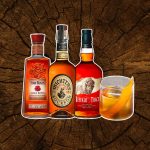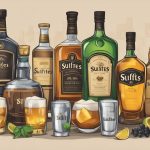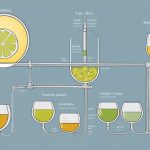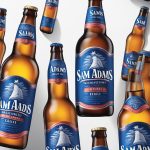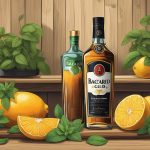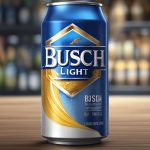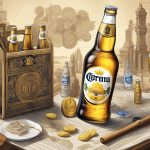Skunked beer. Ah, the dreaded phenomenon that every beer lover fears. I remember the first time I encountered a skunked beer. It was a hot summer day, and my friends and I were enjoying a relaxing afternoon at a local beer garden. As I took a sip of my ice-cold lager, a wave of disappointment washed over me. Instead of the refreshing taste I was expecting, I was greeted with a pungent odor and a flavor that resembled that of a skunk’s spray.
So, what exactly is a skunked beer? Well, let me break it down for you. Skunked beer, also known as light-struck or sunstruck beer, is a term used to describe beer that has been exposed to ultraviolet (UV) or fluorescent light. This exposure causes a chemical reaction between the hops in the beer and the UV light, resulting in a foul-smelling compound called 3-methyl-2-butene-1-thiol, or MBT for short.
Now, you might be wondering how light can turn a perfectly good beer into something that resembles the scent of a skunk. Well, it all comes down to the hops. Hops are one of the key ingredients in beer, responsible for adding bitterness, aroma, and flavor. However, they also contain alpha acids, which are light-sensitive compounds.
When a beer is exposed to UV or fluorescent light, these alpha acids break down and react with sulfur, creating MBT. This compound is highly volatile and has a powerful odor that closely resembles the smell of a skunk’s spray. So, when you crack open a skunked beer, you’re essentially unleashing the aroma of a skunk into your glass.
But why does this happen? Well, it all comes down to packaging. Beers that are packaged in clear or green glass bottles are more susceptible to skunking because these colors do not offer as much protection against UV light as brown or opaque bottles do. In addition, beers that are stored in refrigerators or on store shelves under bright lights are also at a higher risk of being skunked.
So, how can you avoid the disappointment of cracking open a skunked beer? Well, for starters, try to opt for beers that are packaged in brown or opaque bottles. These colors provide better protection against UV light and reduce the risk of skunking. If you’re unsure about the packaging, you can always check the beer’s freshness date and opt for the freshest batch available.
Another way to prevent skunked beer is to store it properly. Keep your beers in a cool, dark place, away from direct sunlight or fluorescent lights. If you’re planning to enjoy your beer outdoors, consider using a koozie or wrapping the bottle in a towel to provide extra protection against light.
Now, despite our best efforts, skunked beer can still find its way into our lives. So, what should you do if you find yourself with a skunked beer in hand? Well, you have a few options. You can try adding some lemon or lime juice to mask the skunky flavor, or you can use the beer as an ingredient in cooking. Skunked beer can still be used in recipes like beer-battered fish or beer cheese dip, where the off-flavors can be masked by other ingredients.
In conclusion, skunked beer is a disappointment that no beer lover wants to experience. The interaction between UV light and hops can turn a refreshing brew into something that resembles the scent of a skunk. To avoid the dreaded skunked beer, opt for beers in brown or opaque bottles, store them properly, and check the freshness date. And if you do find yourself with a skunked beer, get creative and repurpose it in cooking. Cheers to enjoying beer at its best, without any skunky surprises!
